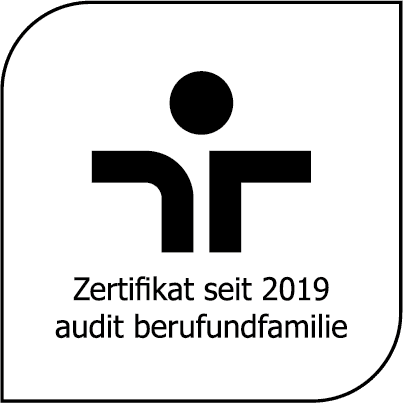Test instruments sorted
Contact person for the Open Test Archive
Gülay Karadere (Dipl.-Psych.)
Research Associate
guek@leibniz-psychology.org
FKS
Flow-Kurzskala
Short abstract
The FKS is used to measure the flow experience. It is a further development of Rheinberg's short scale (1987; Questions on experiencing activities), which was first used by Thiel and Kopf (1989) to investigate the structure and frequency of flow state and flow mediating activities. This scale was further developed to be able to combine it with the Experience Sampling Method. The TCS consists of a total of 16 items and three factors ("Smooth automated progression", "Absorption", "Concern"). Reliability: The internal consistency according to Cronbach was at alpha = .90. The concern component of the TCS was between alpha = .80 and alpha = .90. Validity: The factorial validity was examined. The flow items loaded on two subfactors. By adding the three concern items, a third factor could be extracted, whereby the factors clarified 72 % of the variance. The FKS was used in professionals. The so-called paradox of work, according to which a flow state is experienced more often during work than during leisure time, whereas happiness and satisfaction feelings occur more often during leisure time, could be confirmed. The prognostic validity was checked. norms: T-values as well as mean values and standard deviations from various studies are available.
Leibniz Institute for Psychology (ZPID). (2019). Open Test Archive: FKS. Flow-Kurzskala. Available at: https://www.testarchiv.eu/en/test/9004690
Citation
Rheinberg, F., Vollmeyer, R. & Engeser, S. (2019). FKS. Flow-Kurzskala [Verfahrensdokumentation, Fragebogen und Normtabelle]. In Leibniz-Institut für Psychologie (ZPID) (Hrsg.), Open Test Archive. Trier: ZPID.
https://doi.org/10.23668/psycharchives.4488
Short information
Short Name FKS
English Name Flow Short Scale
Authors Rheinberg, F., Vollmeyer, R., Engeser, S.
Published in Test archive 2019
Copyright/Licence Copyright Authors; CC-BY-SA 4.0
Language versions deu
Construct Flow
Application age No information.
Item number 16 items
Subscales 1) Smooth automated process, (2) Absorption, (3) Concern
Application Time No information.
Interpretation time No information.
Internal consistency: Cronbach's alpha = .90; alpha = .80-.90 (concern component).
Findings on factorial and prognostic validity; interactions with work and leisure.
Standards are available in the form of T-values.
Applications Research; Daily life; Work
Older versions
Version 1: https://doi.org/10.23668/psycharchives.2667
There is no abstract in English available. Short information about the measure can be found under Overview. More can be found on the German pages.
There is no review in English available. Short information about the measure can be found under Overview. More can be found on the German pages.
First published in
Rheinberg, F., Vollmeyer, R. & Engeser, S. (2002). Die Erfassung des Flow-Erlebens. In J. Stiensmeier-Pelster & F. Rheinberg (Hrsg.), Diagnostik von Motivation und Selbstkonzept (S. 261-279). Göttingen: Hogrefe.
Feedback form
Feedback on the use of a procedure from the Open Test Archive of the Leibniz Institute for Psychology (ZPID) to the test author(s)
Contact information
Prof. i.R. Dr. Falko Rheinberg, Emeritus, Institut für Psychologie der Universität Potsdam, Lehrstuhl Allgemeine Psychologie II, Karl-Liebknecht-Straße 24/25, OT Golm, D-14476 Potsdam
Prof. Dr. Regina Vollmeyer, Goethe-Universität Frankfurt am Main, Pädagogische Psychologie, PEG-Gebäude, Raum 5.G185, Theodor-W.-Adorno-Platz 6, D-60629 Frankfurt am Main
PD Dr. Stefan Engeser, Friedrich-Schiller-Universität Jena, Institut für Psychologie, Humboldtstraße 11, D-07743 Jena

 Learn more about us!
Learn more about us! 
